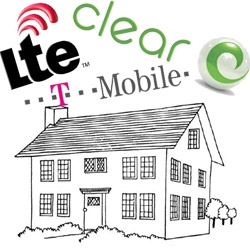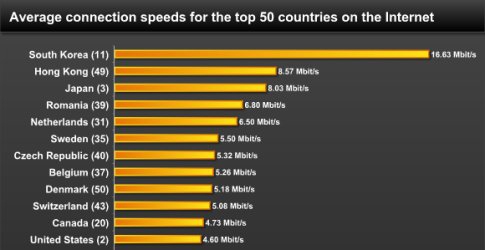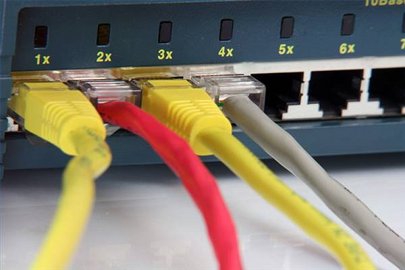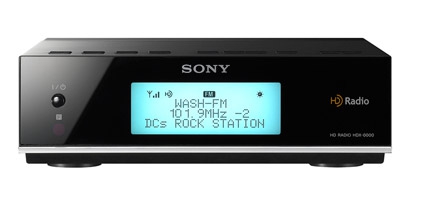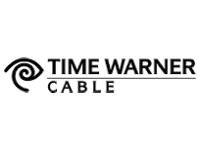Saturday, December 24, 2011
Bell Canada Readies To Welcome Speedy Customers
Posted by Hooch Tan in "Digital Home News" @ 02:00 PM
"In a joint letter to the Canadian Radio-television and Telecommunications Commission, dated Monday, regulatory officials at Bell Canada and Bell Aliant indicate the companies will stop implementing the controversial traffic shaping practice in March."
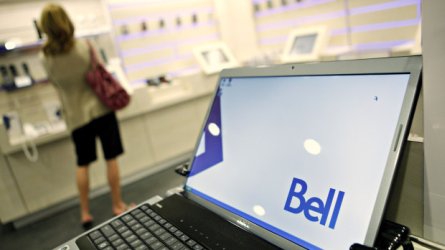
It looks like Christmas has come to customers of Bell who look for unbridled speed. For many years now, Bell Canada (among other ISPs in Canada) has throttled the speed of its customers who use P2P technologies during certain times of the day. Simply put, if you use something that uses P2P (with certain exceptions) at 8:00pm in the evening, expect your connection speed to slow to a crawl. Bell reasoned that P2P was disruptive to their networks and added congestion that affected its other customers. That will soon no longer be the case! Upgrades to their network could definitely be part of the reason for the change of heart, but it is also quite possibly that they realize that money can be made from data hungry customers. While the throttle will disappear, their data caps will not be, and act as a ceiling on what you can do each month. If you want to stream one more movie, or read one more webpage, it will cost you.








